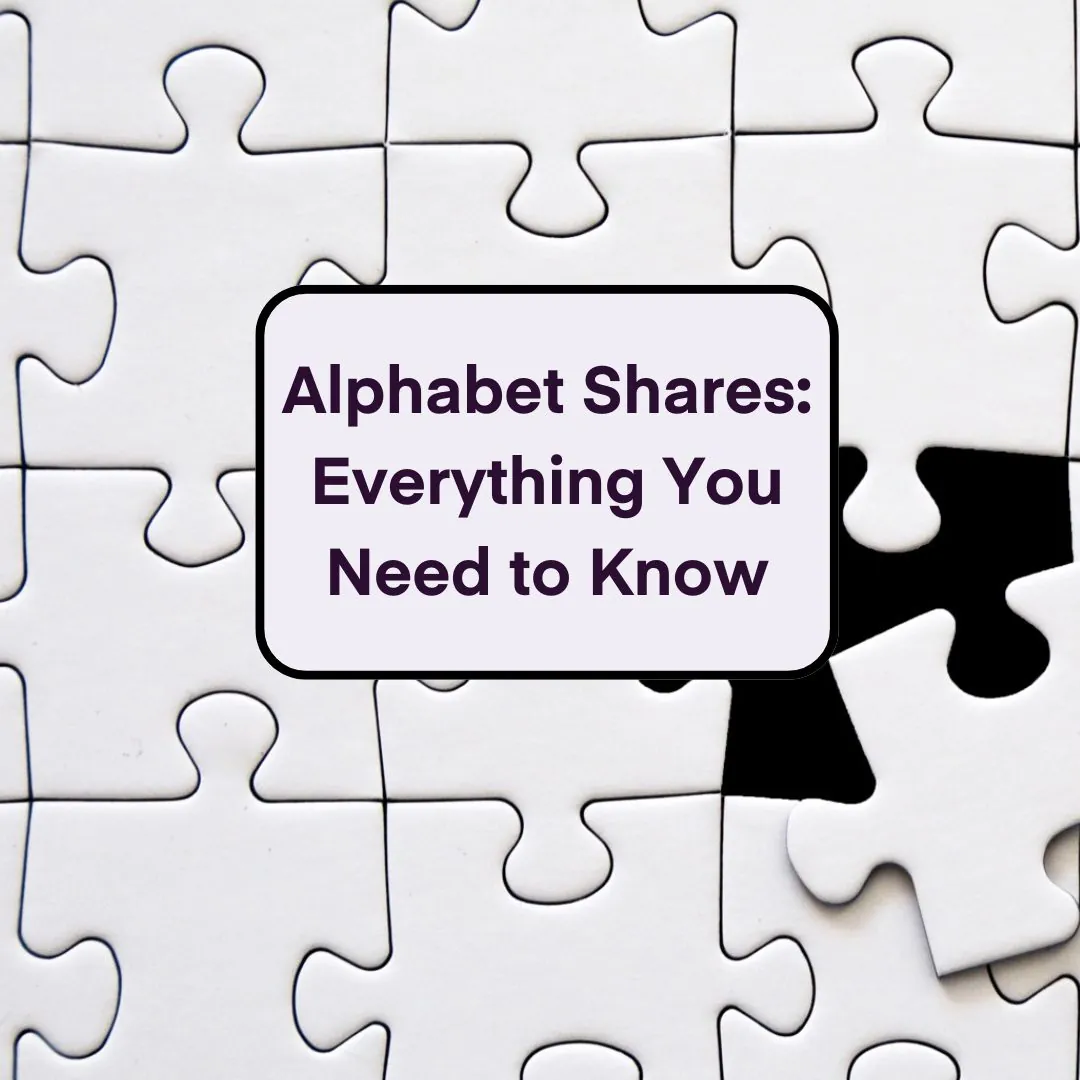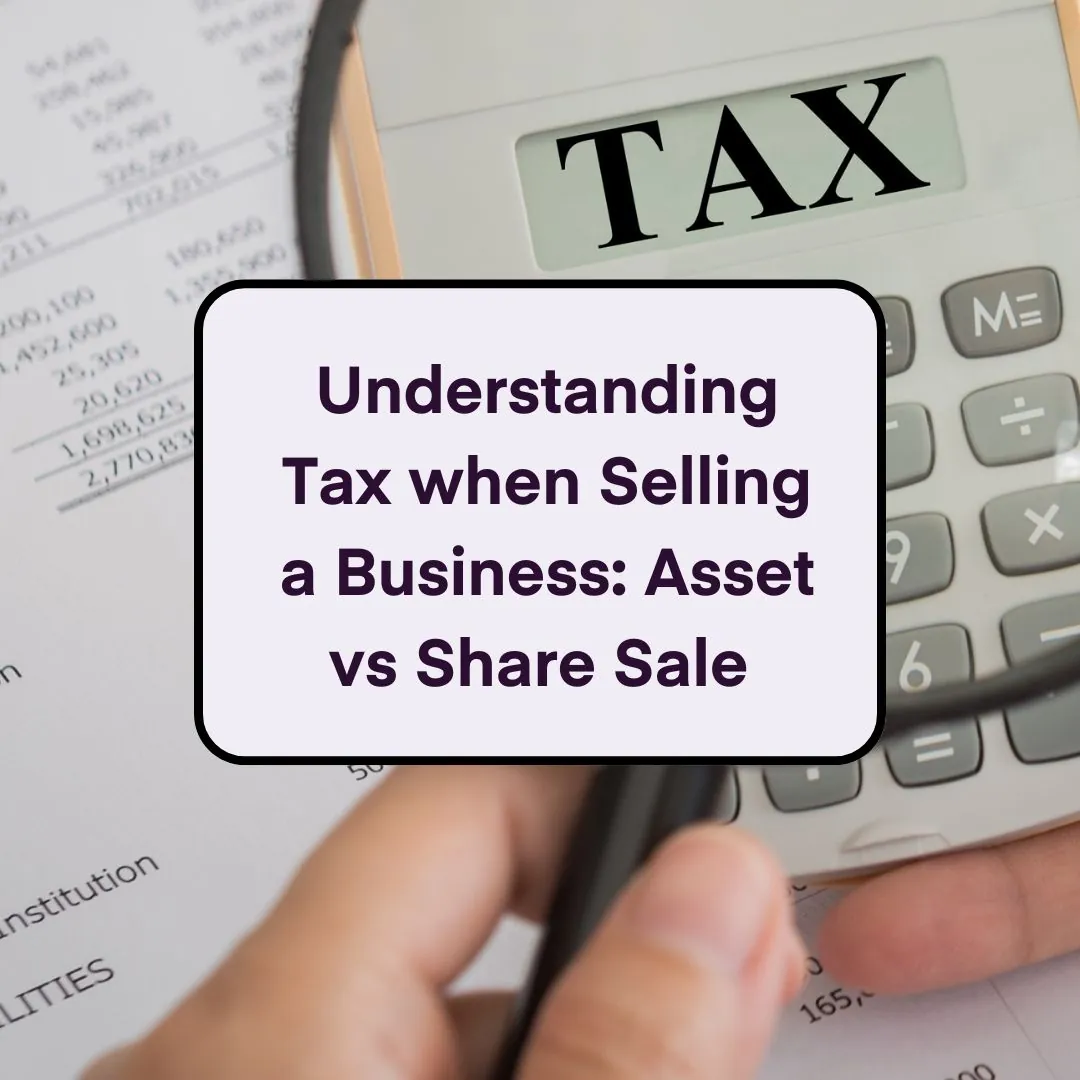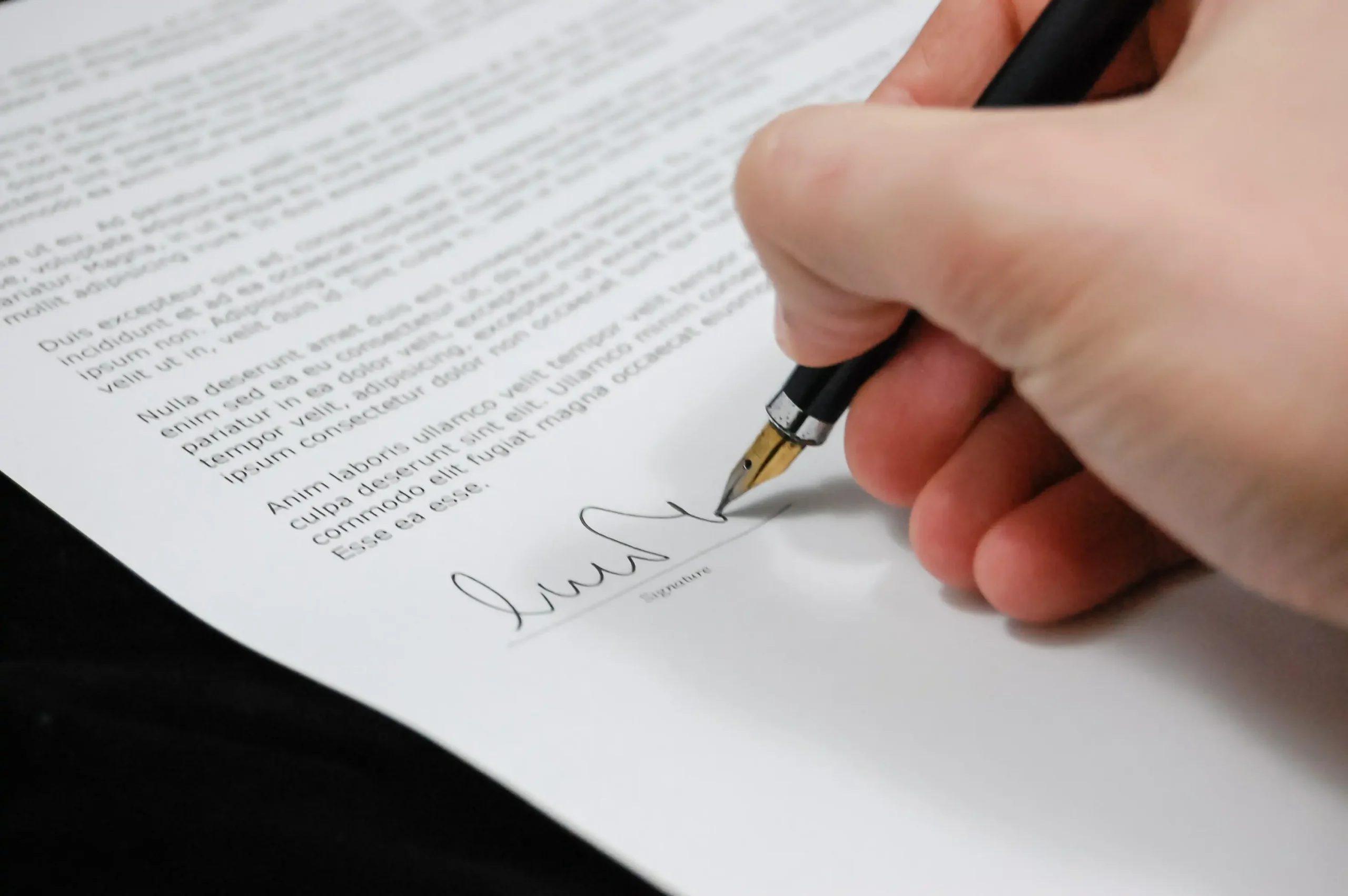
Shareholders’ Agreement: An Overview
21 Dec 2023A shareholders’ agreement is a crucial document that is usually created when a new business is founded by its business owners or shareholders.
Why a Shareholders’ Agreement is Essential
It’s very important to implement a shareholders’ agreement when you start a business to set clear ground rules between the shareholders and to ensure nothing is left to chance.
Often business owners will skip a shareholder’s agreement, either out of a desire to save cash or because they don’t consider it important. But setting out without one can leave you untangling a legal mess later, ultimately costing more in legal fees than the money you saved.
What is a shareholder’s agreement?
So why is a shareholders’ agreement so important I hear you ask? Well before we get into that let’s cover, what a shareholders’ agreement is.
A Shareholder agreement is a written agreement between shareholders, that legally binds them to a set of rules for owning a company. It establishes a framework that outlines the rights, obligations, and roles of each shareholder within a company including:
- Share ownership
- Company management
- Dividend policy
- Share transfer policy
- How shares will be valued
Without a shareholder’s agreement in place, a business can come under serious strain if there are ever major disagreements between the shareholders and/or the directors.
Why do you need shareholders’ agreements?
Think of a shareholder’s agreement as part of the foundation of a building. Without it your business could collapse at any moment.
Without a shareholders’ agreement, you open yourself up to all kinds of challenges. From internal conflicts to working out how to determine the value of shares, to outlining each shareholder’s roles and responsibilities within the firm. Fundamentally, it acts as a proactive way to avoid things going south. And it makes sure that if they do, there is a clear process to define what happens. Think of it like getting all your ducks in a row.
Having all your shareholders know their exact role in the company can stop escalating disagreements.
Imagine hiring four accountants without giving them any job descriptions and seeing how they get on in a team. Sure, it might start well, but once someone begins to challenge someone else, it’ll be impossible to know who’s really in charge.
That is why you need shareholders’ agreements, so people know exactly what they’re doing.
Key Components of a Shareholders’ Agreement:
So what’s actually in a shareholders’ agreement? The are many elements that make up the agreement but the key ones are:
-
The Terms and Conditions of company stock:
This section outlines:
- The total number of shares issued
- The process for transferring shares
- Procedures for share sales in case of business exit
- Exit Planning:
The agreement specifies:
- Minimum holding periods for shares
- How and when shareholders can sell their shares
- Guidelines for business exits or mergers
A Real-World Case: Faulkner v Vollin Holdings Ltd (2021)
Let’s look at a real case, Faulkner v Vollin Holdings Ltd [2021] EWHC (Ch) 787. In this case, the minority shareholders, said the majority shareholders, unfairly fired two directors. They argued this broke the rules in their shareholder agreement, to be mindful that these ‘rules’ are legally binding, especially the part about acting honestly and fairly (called “good faith”).
At first, the High Court agreed with the minority shareholders, saying the majority did something wrong (that ‘wrong’ thing they did was to be perceived as not acting in good faith), and that they dismissed the director on unfair grounds. But later, the Court of Appeal disagreed.
The problem was all about how to understand and follow the ‘rules’ in their shareholders’ agreement. The minority shareholders said the majority acted unfairly by firing the directors, using a rule about good faith in their contract as their main point.
This caused further problems as good faith was not clearly defined as, in theory, ‘good faith’ can mean anything you want it to, as it’s defined officially as acting fairly and honestly, which again, can be somewhat vague.
To avoid these problems in your own business, it’s crucial to have a clear shareholders’ agreement, where these vague terms, are instead, clearly defined.
A good contract, made with help from a legal expert (like us), should cover things like how to remove a director, ways to solve disagreements, how voting works, encouraging open communication, and more.
I know legal stuff can be confusing, but don’t worry. Our in-house legal expert is here to help answer any questions you might have about business law. Just contact us, and we’ll help you out.
Final thoughts on Shareholders’ Agreements
We hope, in this article, that we’ve been able to explain why you need a shareholders agreement in place.
Remember this legally binding document is the foundation for any business, without it you risk collapse. Arguments do and will happen, so protect yourself by clearly setting out the rules, and ownership percentage.
Knowing you are secure from complications in the future will make your current dealings a lot easier, so contact us now and get your shareholders’ agreement sorted by an expert.

























